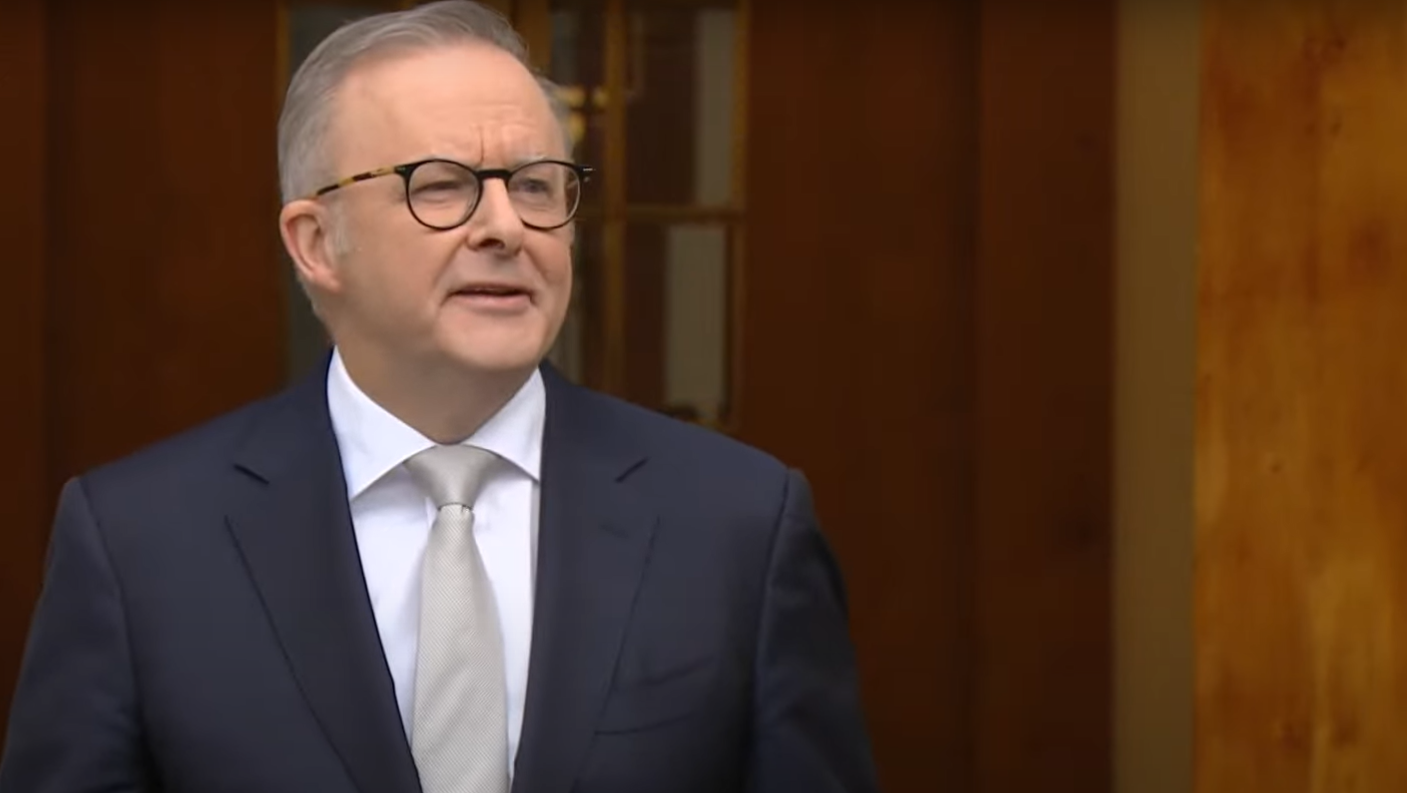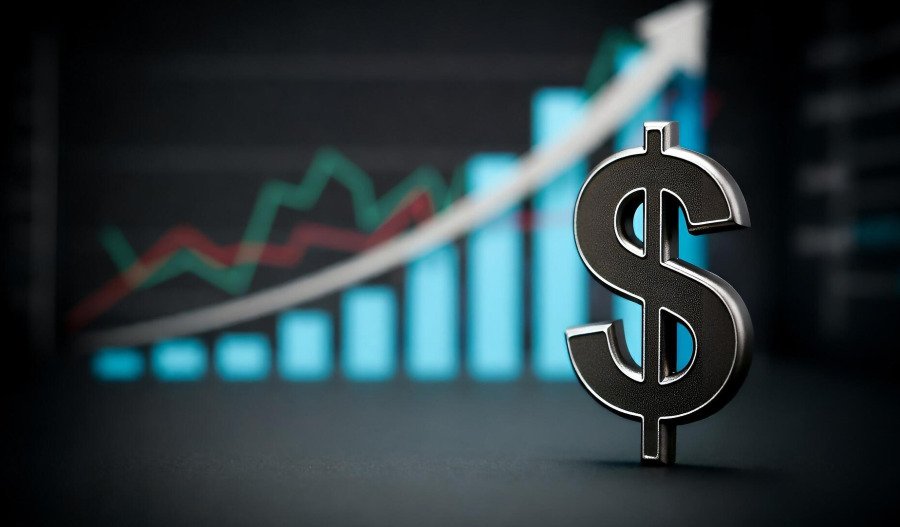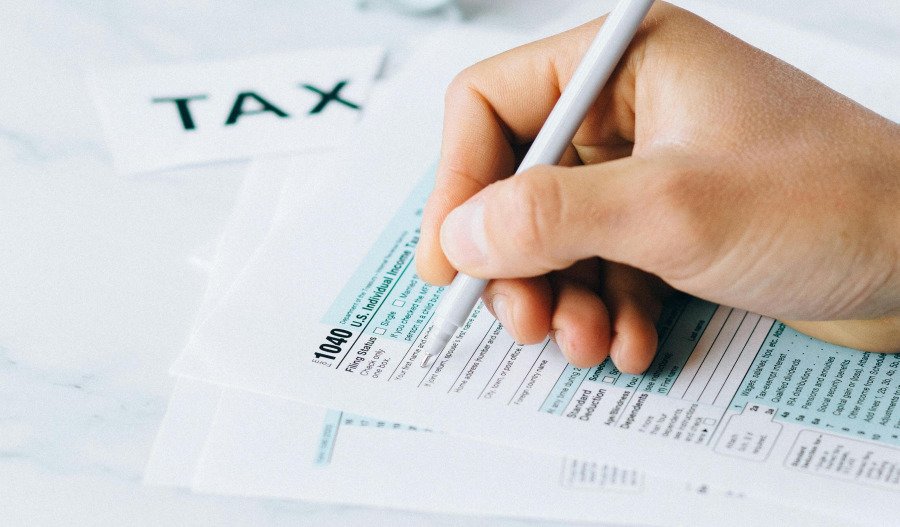UPDATED: Australians face five weeks of political campaigning after Prime Minister Anthony Albanese called an election for 18 million voters on 3 May.
The Labor leader drove to Government House on Friday (AEDT) to ask Governor General Sam Mostyn to dissolve the House of Representatives and issue out writs for a general election on the first Saturday in May.
Albanese confirmed the election date when he spoke to reporters at Parliament House.
As the representative of the King, the Governor General has the constitutional authority to dissolve Parliament and issue writs for a general election.
Speculation about the election date was sparked on Thursday when Albanese told a radio station on Thursday that an election would happen “pretty imminently”.
"I'm not calling it today but I will call it soon. I think that Australians want to get on with it," he said on Triple M Hobart.
The election ends Labor's three-year term. Labor holds 78 of the 151 seats in the lower house in Canberra. However, it is running neck and neck with the Liberal/National Party (LNP) Opposition in the opinion polls.
Political analysts believe a hung Parliament is possible with minor parties and Independents holding the balance of power.
The events came at the end of a week when Labor delivered its fourth Budget. The LNP responded with its own revenue and spending plans for the next 12 months if elected.
The campaign is likely to be fought over the cost of living with Australians struggling with rising grocery, fuel, energy and rental prices caused by high inflation.
Surprise personal tax cuts worth A$17.1 billion (US$10.7 billion) were among the measures announced by Treasurer Jim Chalmers in his Budget on Tuesday. In addition, Opposition Leader Peter Dutton promised to lower petrol prices and force gas producers to reserve some supplies for the domestic market. This will likely lower energy bills.
Both parties have committed to more than $10 billion in health spending. This includes measures to boost bulk-billing rates and cut medicine costs, a $150 energy bill rebate from July and a two-year ban on foreign investors from purchasing homes.
The two new rounds of tax cuts, worth A$268 in the fiscal year ending June 2027 and A$536 in the next year to a worker on average earnings, were passed in the Senate on Thursday with the support of the Greens and independents but the Opposition has threatened to repeal them if it wins office.
Related content



